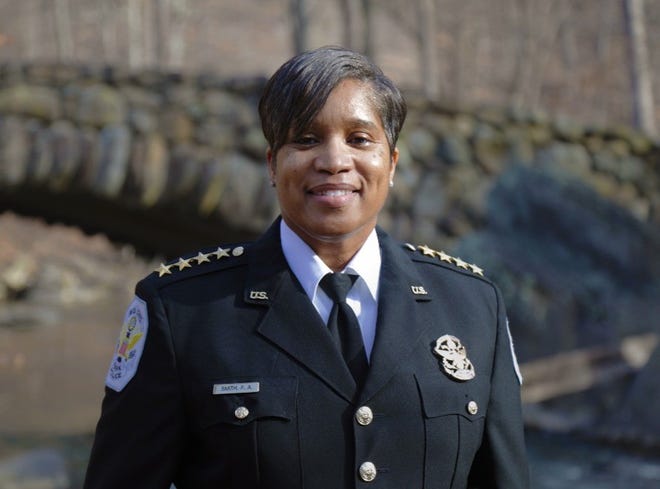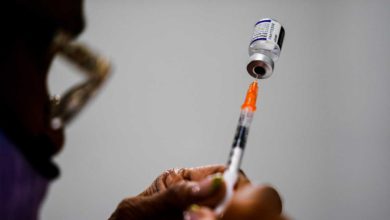
Pamela A. Smith on Sunday will take command of the U.S. Park Police, the first time a Black woman will lead the federal agency in its 230-year history, the Park Police said Thursday.
Smith, a 23-year veteran of the force, will lead the agency's effort to protect national parks and landmarks in Washington, D.C., New York City and San Francisco metro areas. The USPP is the country's oldest federal law enforcement agency.
One of her priorities will be to mandate body cameras for all USPP officers, Smith said. This initiative will begin in San Francisco within her first 90 days and expand across the country by the end of the year, according to a USPP press release.

“Body-worn cameras are good for the public and good for our officers,” said Smith. “This is one of the many steps we must take to continue to build trust and credibility with the public we have been entrusted to serve.”
Smith's appointment is the latest in a series of historic picks for leadership roles that emphasize diversity.
President Joe Biden, who had promised diversity in leadership roles, tapped Alejandro Mayorkas to be the first Latino and first immigrant to lead the Department of Homeland Security. Lloyd Austin also became the first Black defense secretary and will lead the Pentagon.
Related:Biden on the brink of first Cabinet loss as Senate panels delay vote on a nominee of color
Biden also recently nominated Chiquita Brooks-LaSure to lead the Centers for Medicare and Medicaid Services. If confirmed, she will be the first Black woman to lead the federal agency.
Following the Jan. 6 attack on the U.S. Capitol, Yogananda Pittman became the first woman and the first Black person to serve as acting Capitol Police chief.
Smith and Pittman are both leading agencies that have recently come under fire.
The USPP was criticized for using excessive force during last summer's Black Lives Matter protests, including its involvement in clearing peaceful demonstrations at Lafayette Park near the White House ahead of a photo op for then-President Donald Trump.
A new commission created by House Speaker Nancy Pelosi to look into the Capitol insurrection has revealed lapses in communication within the Capitol Police that may have contributed to security failures during the riot. The department is also investigating 35 of its officers as part of its internal probe.
Contributing: Associated Press
Source link









